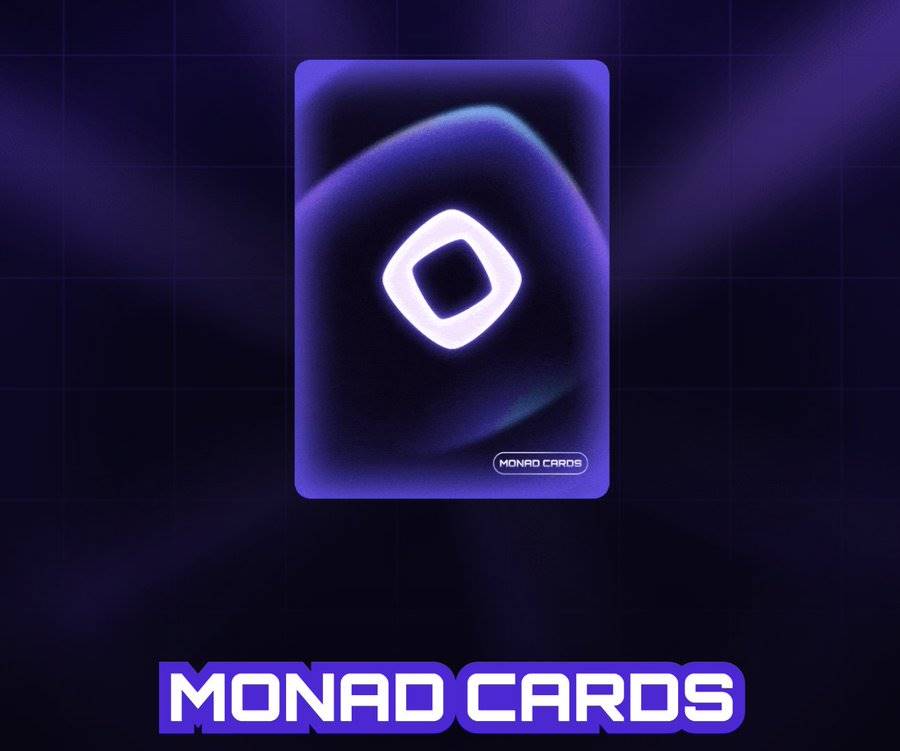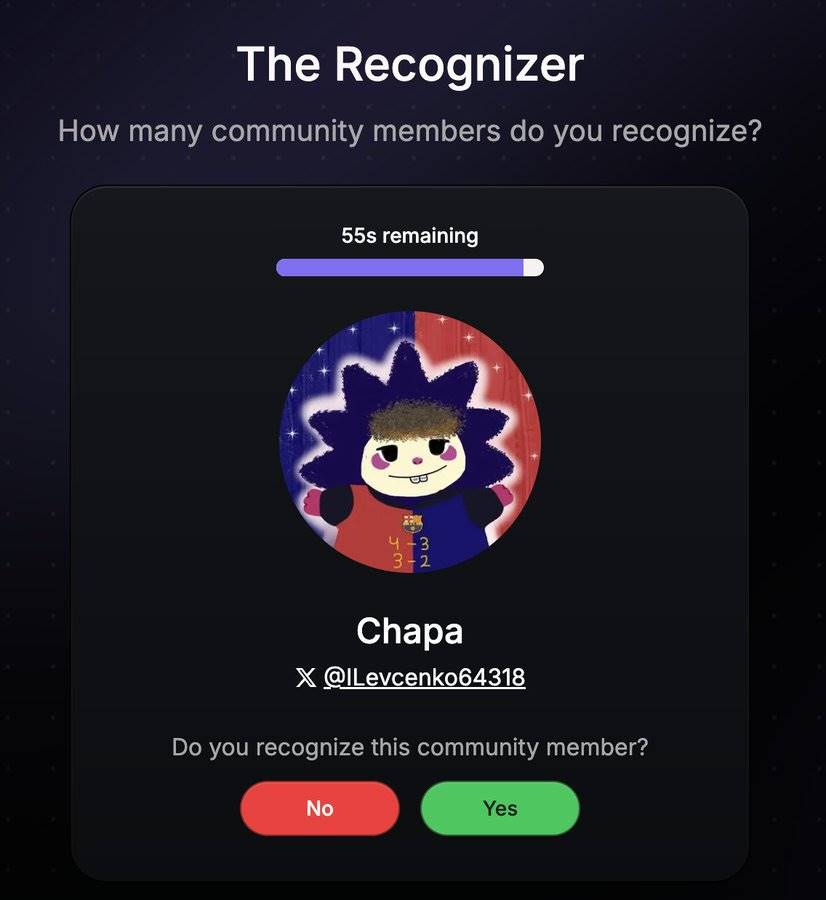Decentralized nominations allow Monad to start fairly.
Author: Happy
Translation: Deep Tide TechFlow
I believe that many teams before their TGE often make the mistake of overly relying on growth tactics like Kaito boards or Zealy activities to gain attention.
I have always been critical of this in the past, and frankly, I think these actually have more negative effects.
Anything that is promoted will be manipulated. Anything that is measured will be abused.
What you often attract are the worst profit-driven users, which can hinder natural posting, as the reputational damage from participation often outweighs the potential rewards.
On the other hand, Monad Cards take the opposite approach.
They will be distributed to CT users who have established influence in the broader crypto space, rather than to those who specifically post about Monad.

There are several reasons why this is effective:
Maintaining social influence over the long term is harder to fake than repeatedly posting about a single project;
It allows successful CT users to genuinely have some interest alignment (perhaps) without "selling their soul";
It makes them feel truly rewarded and recognized for their broader contributions to the crypto space;
It incentivizes them to actively post about Monad to showcase their relevance;
It allows them to nominate those who may be overlooked.
In my view, the last point is the most important.
By allowing these users to nominate others, you empower them with authority, trust, and responsibility.
In the long run, this also helps to avoid a common type of FUD in social airdrops — "This is all given to insiders."
To be honest, this criticism has often been valid historically, even if not due to subjective intent.
Humans are always susceptible to unconscious biases, and the criteria for airdrops are usually kept confidential and controlled by a few individuals. This almost inevitably leads to rewards ending up in the hands of the team’s "favorites."
But here, that is not the case. By decentralizing the decision-making process to the entire CT, you eliminate most of this bias.
If you have been active in this field for a while, even if you don’t post much or have little social influence, you likely know some influential people in a group chat. So if you don’t get nominated, it’s more a reflection of your own abilities rather than something to blame on the team.
Moreover, it is clear that the team is also working hard to embed this concept into their community.
They launched a recogniser app, where users simply need to answer a yes/no question: Do you know this community member?

This is another step towards eliminating bias in the decision-making process and increasing more decentralized data points.
To those outside the crypto circle, these may seem like trivial matters, but I believe they have an extraordinary impact on the origin story of a chain.
In my view, the perception of "fair" distribution in the crypto world is the biggest predictor of whether it can achieve cultural success in the future.
After all, the culture of this industry originates from the most fair distributions — Bitcoin, Ethereum, and more recently, Hyperliquid.
Of course, these measures alone cannot solve all of Monad's problems, but they largely address the biggest complaint from CT — that it is incredibly difficult for ordinary users to gain opportunities for "interest alignment" on Monad compared to other new chains that are financed in a more relaxed regulatory environment.
No activity can satisfy everyone, but this event has changed Monad's reputation, laying a more solid foundation for its future development.
免责声明:本文章仅代表作者个人观点,不代表本平台的立场和观点。本文章仅供信息分享,不构成对任何人的任何投资建议。用户与作者之间的任何争议,与本平台无关。如网页中刊载的文章或图片涉及侵权,请提供相关的权利证明和身份证明发送邮件到support@aicoin.com,本平台相关工作人员将会进行核查。




